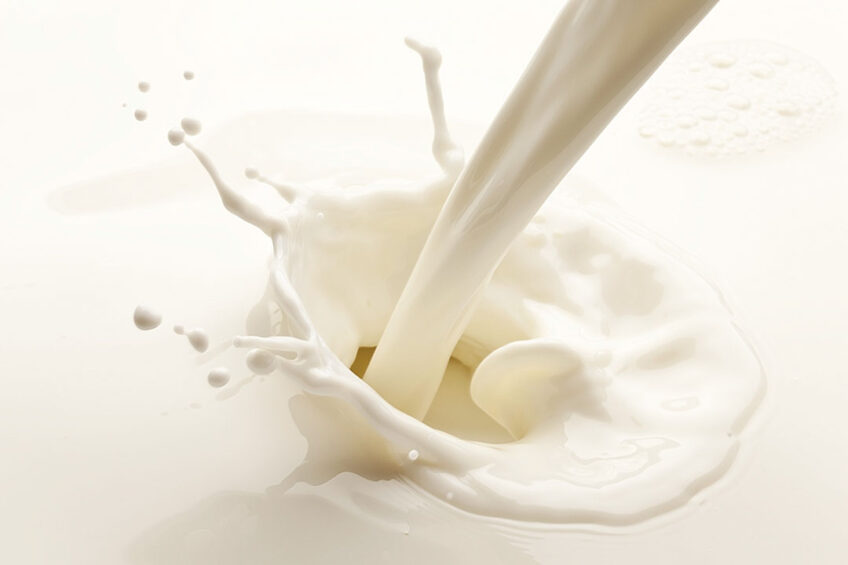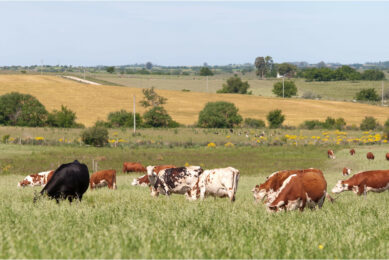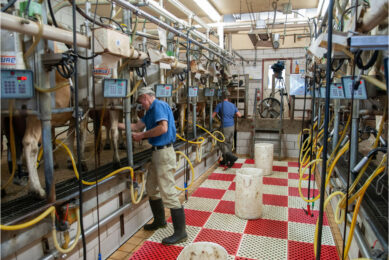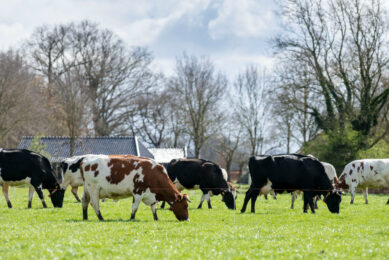South Africa sees huge volumes of milk dumped

Dairy farmers in South Africa’s KwaZulu-Natal province have discarded hundreds of thousands of litres of milk since protest action, looting and vandalism began across the province last week.
South Africa has experienced unrest in parts of the country, particularly across KwaZulu-Natal, where protest action following the imprisonment of former president Jacob Zuma for contempt of court on 7 July have resulted in the looting and destruction of public infrastructure and private businesses.
“Considering that approximately 2 million litres of milk are produced daily in KwaZulu-Natal alone and that milk could not be distributed, the dairy producers in this province have been severely impacted,” says Fanie Ferreira, acting executive officer of the country’s Milk Producers’ Organisation (MPO).
A significant impact on dairy value chain
Dairy Global spoke to the CEO of the South African Milk Processors’ Organisation, Alwyn P. Kraamwinkel, who notes that KwaZulu-Natal is responsible for supplying 27% of the unprocessed milk produced in the country. The protest action has therefore had a significant impact on the sector.

Disruption and milk destroyed
Angus Williamson of the Mooi Mpofana Agricultural Association and the Red Meat Producers Organisation in KwaZulu-Natal says that in the space of 48 hours, about half a million litres of milk had to be destroyed due to road closures, reports FIN24.
“As a result of the protest action, there has, firstly, been a disruption of travel between the farms and milk facilities in KwaZulu-Natal and the rest of the country. As a result, the transport and movement of unprocessed milk produced from dairy farms has been halted,” Kraamwinkel adds. “Secondly, the movement of concentrated feed required by a meaningful number of dairy farmers in the region has not taken place. Thirdly, some input suppliers, including feed handling equipment, has been damaged. It will take some time for them to provide such services to the dairy sector again. Fourth, the disruption of retail trade and various banking facilities will potentially have a negative effect on the provision of food, particularly to low-income groups.”
Kraamwinkel also stressed that numerous dairy factories cannot operate due to the inability to receive unprocessed milk due to the closure of major highways and workers unable to get to work. This has impacted the supply chain and will disrupt products reaching the market. This is further exacerbated by numerous retail stores having been completely looted and destroyed. In Gauteng, panic buying has temporarily emptied some shelves.
2 farms, 2 days, 60,0000 litres of milk
Local news agency, Farmer’s weekly, reports that milk producer and chairperson of the South African Milk Producers’ Organisation, Colin Wellbeloved, said that he and his neighbours alone have had to destroy 60,000 litres of milk over 2 days because they were unable to distribute it.
“I am also concerned that retail milk stocks are going to decline alarmingly because of the logistical problems caused by the protesters […] we find it increasingly difficult to get products such as animal feed delivered to the farms because of road closures and attacks by looters,” he stressed, adding that he was very concerned that a number of milk farmers would be forced to exit the milk production industry as a result. Profit margins in the dairy production sector in the country are tight, he said, adding that some producers would find it extremely difficult to survive this setback.
Bertus van Heerden, chief economist of the MPO, concludes: “The dairy industry is not in a crisis, although some serious damage has been done to certain infrastructure, with monetary losses right through the value chain.”
Join 13,000+ subscribers
Subscribe to our newsletter to stay updated about all the need-to-know content in the dairy sector, two times a week.










